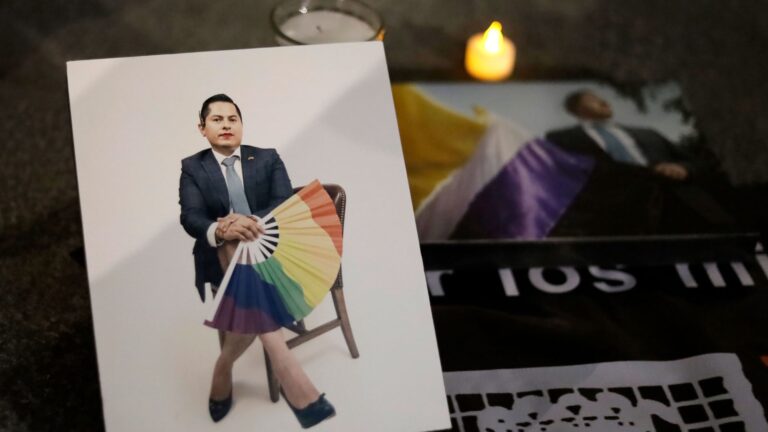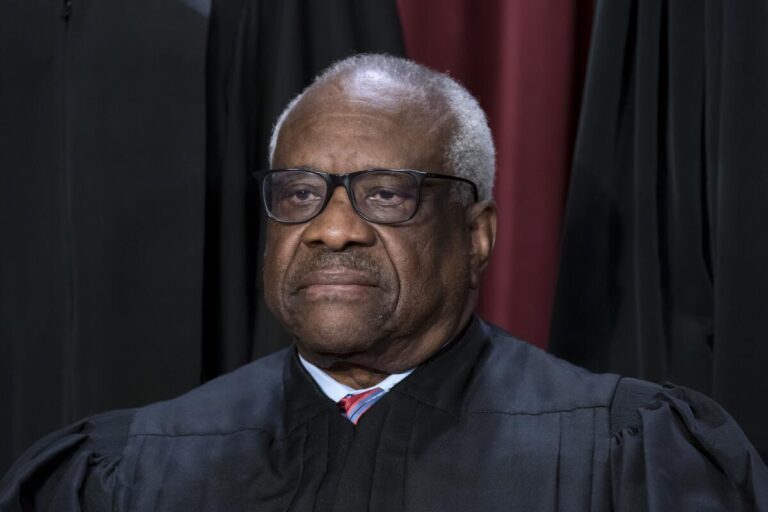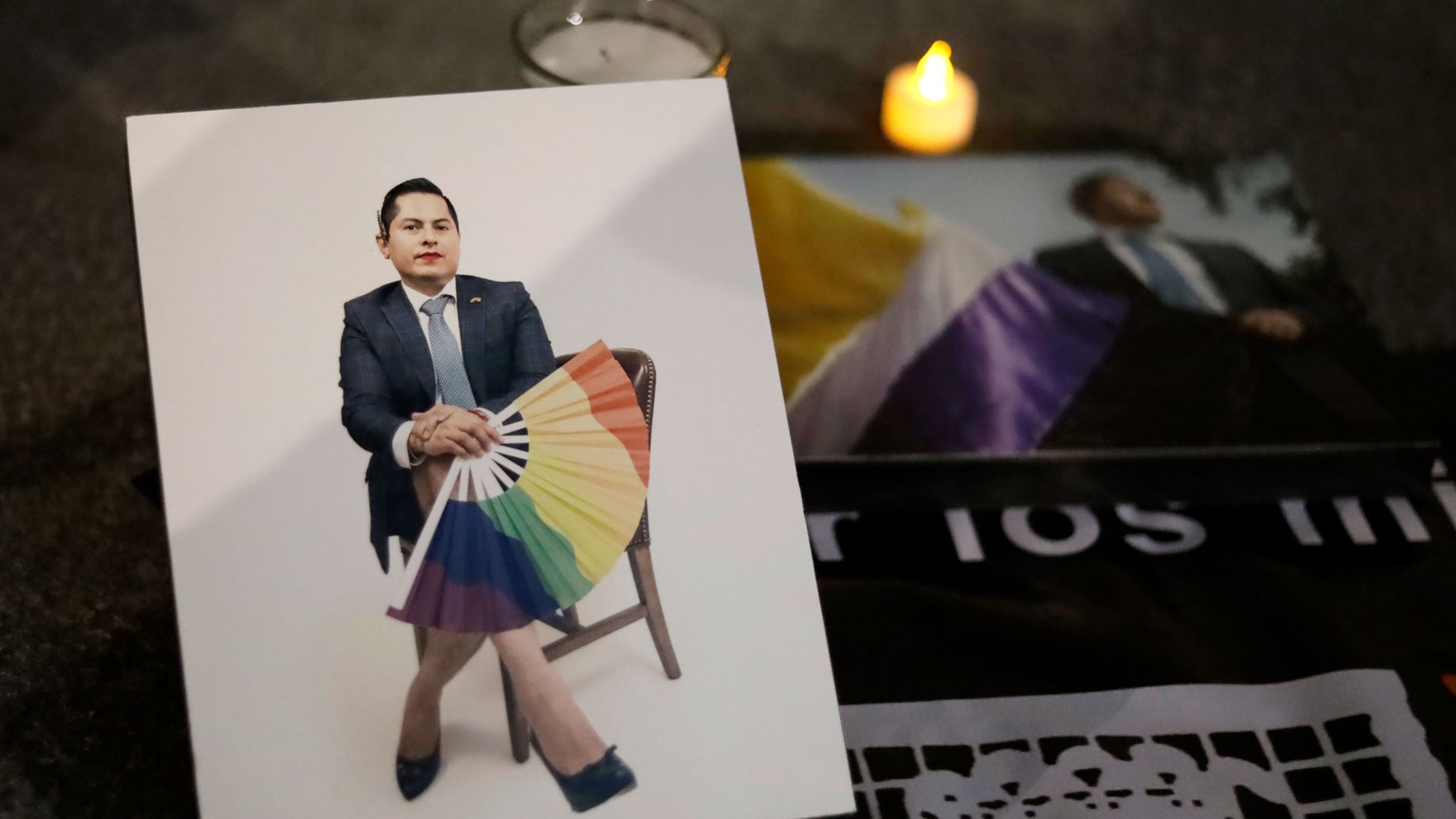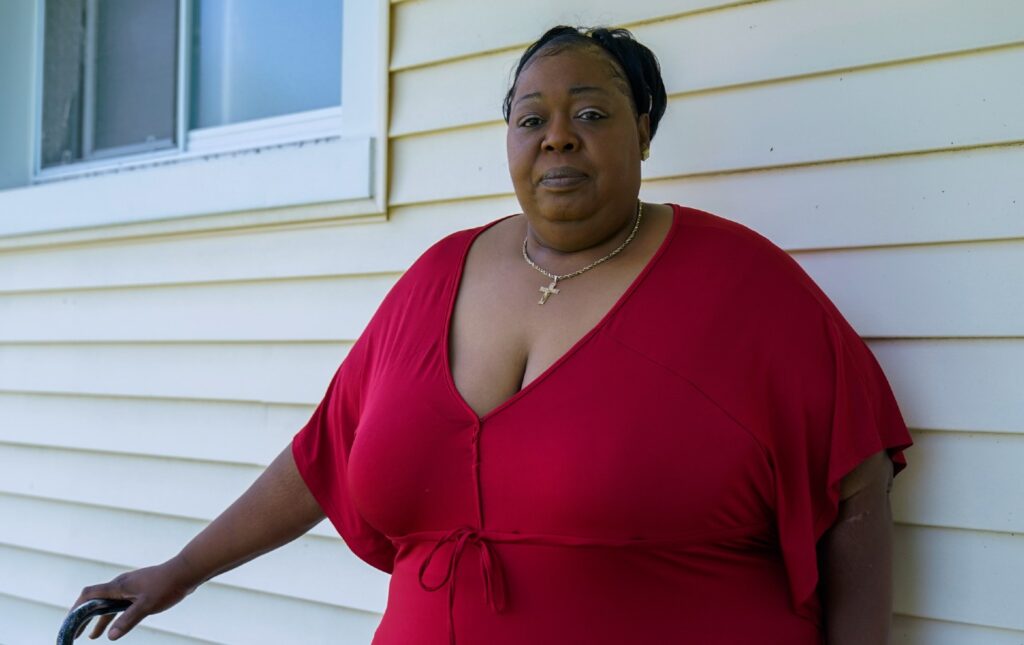How activists + lawyers ended cash bail
More Of This
Will Tanzman is executive director of The People’s Lobby. He has served as one of the lead organizers on the statewide campaign to pass the Pretrial Fairness Act, which ended money bail throughout Illinois.
In September, Illinois became the first state in the country to entirely end money bail—the practice of requiring people who have been accused but not convicted of a crime to pay a ransom in order to avoid being jailed for weeks, months, or even years while waiting for trial. People who are jailed before trial for even a few days or weeks because they cannot afford bail can lose jobs or housing, which destabilizes their lives and families, and are much more likely to be convicted or pressured into a plea deal and end up with higher sentence lengths.
This reform—known as the Pretrial Fairness Act—also establishes the strongest set of protections on pretrial freedom in the United States. Illinois judges can now order a person to be jailed before trial only if a prosecutor provides evidence that the person is unlikely to show up for court or likely to cause harm to others. At a time when many are declaring the criminal legal reform movement over, a casualty to racist backlash, this law shows that long-term organizing can translate movement energy into real change.
Read the rest on The Nation
Mexico’s first nonbinary judge and prominent LGBTQ activist found dead in their home
Less Of This

Jesús Ociel Baena Saucedo, a leading LGBTQ+ rights activist and Mexico’s first openly nonbinary judge, was found dead in their home this week. They were 38 years old.
Baena Saucedo’s body was found Monday morning in their home in the state of Aguascalientes, along with their partner Dorian Herrera. Both bore wounds from an unidentified sharp object, according to state prosecutor Jesús Figueroa Ortega. Mexican officials told CNN that the cause of death was unknown, that there was no physical evidence of an intruder, and that one of the deceased held a “cutting instrument.”
Read the rest on Them
Originalism is bad, indefensible jurisprudence
Perspective

Even by the standards of his home state of Texas, Zackey Rahimi is a trigger-happy guy. In February 2020, his ex-girlfriend got a restraining order against him after he pushed her and dragged her into his car, shot at a random bystander who happened to witness this, and then threatened to shoot her too if she told anyone. Then, between December 2020 and January 2021, he was involved in at least five more shootings; most notably when he fired into the air at a Whataburger because his friend’s credit card got declined. Rahimi is like a real-life Yosemite Sam, if the Looney Tunes character also had a history of violence against women. And the Supreme Court will soon decide whether he is constitutionally entitled to a gun.
Federal law makes it a crime for someone subject to a domestic violence restraining order, like Rahimi, to possess a gun. But in United States v. Rahimi, his attorneys from the Office of the Federal Public Defenders argue that the law is unconstitutional because America does not have a historical tradition of disarming domestic abusers. Disturbingly, the Fifth Circuit ruled in Rahimi’s favor and held that it is a correct application of recent Supreme Court precedent.
Read the rest on Balls & Strikes
SCOTUS’ new code of ethics has a fatal flaw
Speaking Of...

Erwin Chemerinsky is a contributing writer to Opinion and the dean of the UC Berkeley School of Law. His latest book is “Worse Than Nothing: The Dangerous Fallacy of Originalism.”
Although it is welcome and overdue that the Supreme Court finally adopted an ethics code for its justices on Monday, the approach is seriously flawed in that it includes no enforcement mechanism. Instead it continues to leave it to each justice to decide whether to be recused in a particular case.
Until Monday, every judge in the country — state and federal — was bound by an ethics code, except for the most important jurists: United States Supreme Court justices. Recent revelations of serious ethical lapses by several justices, most notably Clarence Thomas and Samuel Alito, highlighted this absence.
The court has its lowest public approval ratings in history, and while there are certainly many causes for this, the absence of an ethics code surely has contributed to the loss of legitimacy. This was a self-inflicted wound. There was no reason the justices could not adopt the same code of ethics that all other judges have been bound to follow.
Read the rest on LA Times










